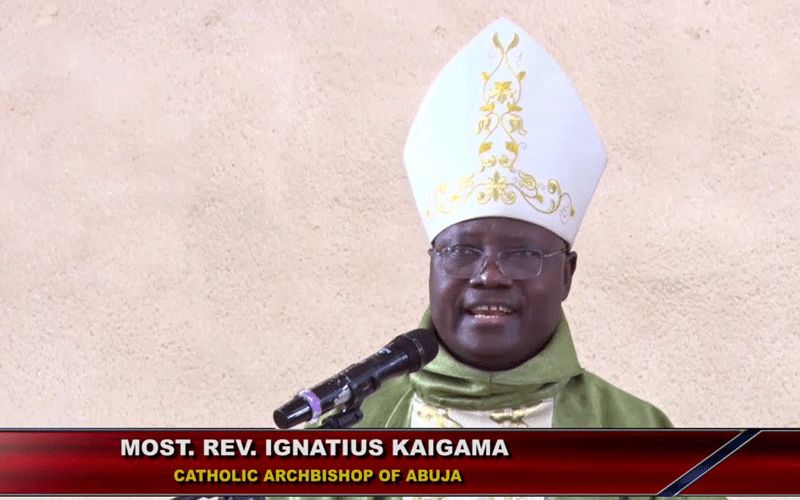Abuja, 21 September, 2020 / 8:00 pm (ACI Africa).
The challenge of unemployment among young people in Nigeria was a key highlight of the Sunday, September 20 homily of Archbishop Ignatius Ayau Kaigama of Nigeria’s Abuja Archdiocese who said “greed and corruption” in Africa’s most populous nation is behind the failure to address the challenge.
“Today, the sad reality is that many of our young people are qualified and ready to work, but they have no work,” Archbishop Kaigama said September 20 during the Eucharistic celebration at St. Donald’s Catholic Parish Karu in Abuja.
The Archbishop further said, “Our Educated young people are willing to contribute their quota to our collective growth and development in the country but they remain unemployed.”
“A person who is idle is a problem because when we work there is dignity. If they cannot find work that bestows on them dignity, they engage in anti-social behaviors,” the Nigerian Prelate said and added, “The youths continue to suffer and when they suffer, they engage in criminal activity and we blame them.”
He blamed the challenge of unemployment among young people on a weakened “political will” occasioned by “greed and corruption” in the West African nation.








